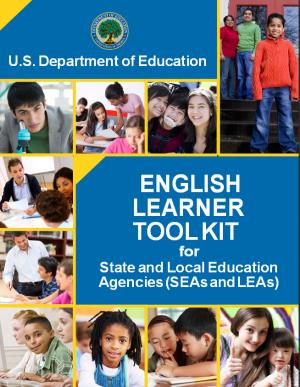All children in the United States are entitled to equal access to a basic public elementary and secondary education regardless of their actual or perceived race, color, national origin, citizenship, immigration status, or the status of their parents/guardians. School districts that either prohibit or discourage, or maintain policies that have the effect of prohibiting or discouraging, children from enrolling in schools because they or their parents/guardians are not U.S. citizens or are undocumented may be in violation of Federal law.
This tip sheet includes some examples of acceptable enrollment policies, such as requesting proof of residency in the school district, as well as policies that may not be used by schools to deny enrollment to any child.


